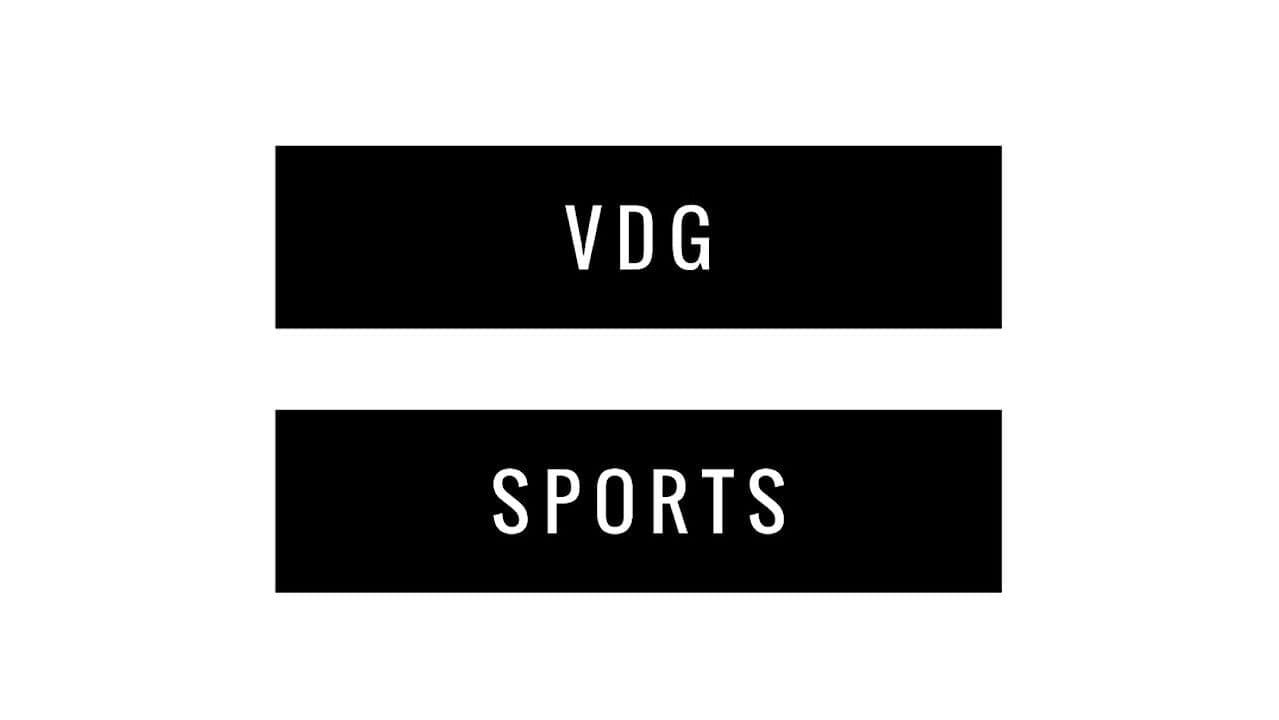NHL culture provides independent observers more stunning evident that sport still needs 100% help
Just when I thought the NHL learned from past mistakes. New actions new reports and new lawsuits suggest otherwise. The correct decisions can still be made. Step one should not be hard, yet, only time will tell.
It is disheartening to see that the NHL culture continues to provide stunning evidence that the sport still needs significant help. Just when I believed that the league had learned from its past mistakes, recent actions, reports, and lawsuits suggest otherwise.
However, it is important to remember that there is hope for change and growth. The correct decisions can still be made if there is a genuine commitment from all stakeholders involved. Step one in this process should not be difficult – acknowledging the problems and shortcomings within the league’s culture.
The NHL must address issues such as player safety, diversity and inclusion, and accountability for misconduct both on and off-ice. It requires support from owners, executives, coaches, players’ associations, officials’ associations, media partners – everyone who plays a role in shaping the future of hockey.
Real progress will only come with a collective effort to foster a positive environment built on respect for all participants.
Accomplishing this begins with implementing comprehensive and transparent policies that prioritize player safety. The NHL must actively work to prevent concussions and other injuries, ensuring that every player has access to top-notch medical care and support throughout their careers. This means investing in research, technology, and education to minimize the risks associated with such a physical game.
Moreover, promoting diversity and inclusion is paramount for the growth of hockey as a sport. Efforts should be made to increase representation among players, coaches, officials, and administrators from diverse backgrounds. Opportunities must not only be provided but also actively encouraged through programs aimed at breaking down barriers faced by marginalized communities.
The league’s commitment should also extend beyond just those within its organization; it should collaborate with media partners to combat discrimination and propagate positive narratives surrounding the game. Media coverage plays an influential role in shaping public perception of hockey – highlighting stories of inclusivity, community engagement, and personal growth can help counteract negative stereotypes often associated with the sport.
By highlighting the stories of individuals from diverse backgrounds succeeding in hockey, the league can inspire and empower others to pursue their passion for the game. Media platforms should be utilized as a tool for educating fans on the importance of inclusivity, promoting diversity both on and off the ice.
In addition to media collaboration, it is vital for the league to actively engage with grassroots organizations working towards breaking down barriers faced by marginalized communities. By partnering with these organizations and investing resources into initiatives such as subsidized equipment programs or community outreach events, the league can directly support individuals who may face financial or social obstacles when trying to access and participate in hockey.
Creating a welcoming environment within all levels of hockey is essential. The league should implement strong anti-discrimination policies and protocols that promote a culture of respect among players, coaches, officials, and fans alike. Education programs could be developed that focus on challenging biases and fostering inclusivity at every stage of player development.
Additionally, it is crucial for the league to invest in diversity and inclusion training for all its staff members. This will ensure that everyone involved with the organization understands the importance of creating a safe and inclusive space for individuals from different backgrounds.
Furthermore, collaborations with community organizations and NGOs can help expand access to hockey in underprivileged areas. By partnering with these groups, the league can provide resources such as equipment donations, rink renovations, and coaching clinics to communities that may not have had previous exposure or opportunities in hockey.
In line with promoting inclusivity at every stage of player development, efforts should be made to encourage participation from diverse populations at an early age. Implementing grassroots programs that specifically target underserved communities can contribute towards building a more representative talent pool within the sport.
Moreover, on-ice initiatives such as blind hockey or sledge hockey could also be supported by the league. These adapted versions of ice hockey allow individuals with disabilities to fully participate in the sport.
By embracing these inclusive adaptations of ice hockey, the league can demonstrate its commitment to providing opportunities for all individuals to engage in the game. Funding and resources should be allocated towards creating accessible facilities that cater to the unique needs of disabled players. This includes making modifications such as installing ramps, elevators, and specific equipment like sledges or special sticks.
To further promote diversity within hockey, educational programs could be implemented to raise awareness and understanding about different cultures, backgrounds, and abilities. Through workshops or seminars conducted by professionals in the field, players and coaches would have an opportunity to learn about inclusivity strategies, sensitivity training, and communication techniques ensuring everyone feels welcomed on the ice.
Collaboration with community organizations focused on promoting diversity in sports could also enhance outreach efforts. Partnering with local schools or youth centers would enable a wider reach among underserved communities where potential talent may go unnoticed without proper support.
It is crucial for the league to actively recruit coaches who understand and value inclusivity.
